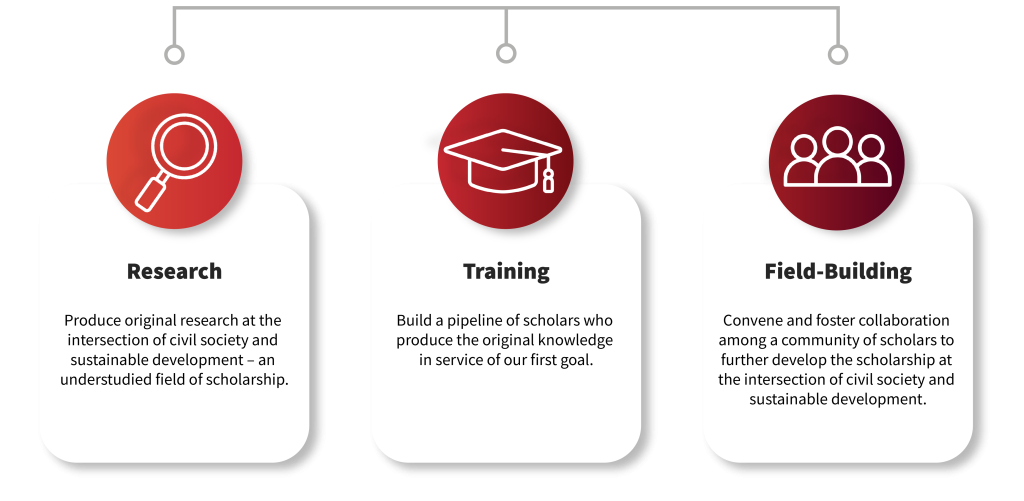Our Mission
Global Civil Society & Sustainable Development Lab (GCSSD) investigates the social and cultural underpinnings of sustainable development problems and solutions and promotes the search for ways humans and the earth can flourish together.
The Latest From Our Lab
Our Current Priorities
Thematically, we are currently focused on two empirical arenas – the environment and education.
Approach

